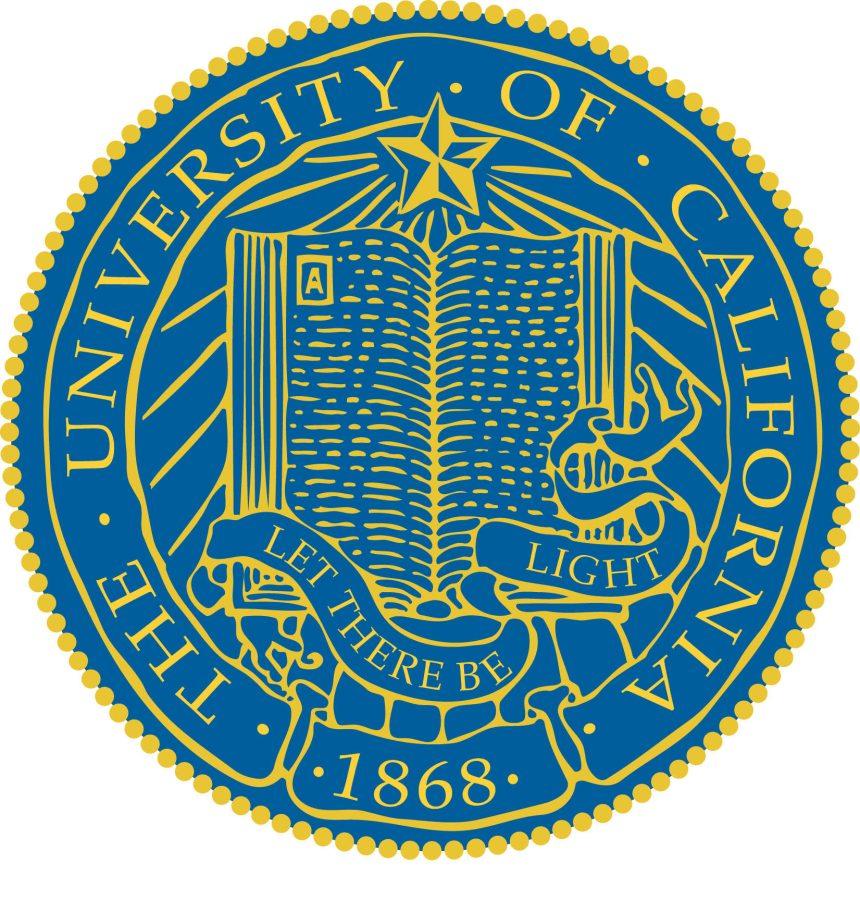Since 2012, international students’ applications to the UC system have doubled, raising concerns about admissions and tuition for Californians as well as out-of-state students.
UC System Should Put California Taxpayers First in Admission Process
Although the UC system has recently been facing budget shortfalls, native Californians should not suffer because of its current financial situation. California residents pay taxes that provide the majority of the funding for the University of California; therefore, they should receive priority when it comes to both admissions and tuition.
According to California Forward, the UC system is at an all-time high with non-resident admissions and consequently at a dismal low in admissions of Californians. The problem is that in order to keep tuition costs low and financial aid high for in-state students, administrators have been accepting more out-of-state and international students, who pay nearly double the fees and contribute a hefty sum to the UC system’s coffers. While this helps monetarily, it is unfair to the hard-working Californians who count on attending the public schools that they already help pay for.
In 2012, former Sen. Michael J. Rubio (D-CA) proposed a plan to cap the number of non-resident admissions at 10 percent of the incoming freshman class for a given year. In his words, this would ensure that California residents would not be impaired because of wealthier students from out of state. While this plan did not become law, the concept should be something to be considered for the future.
The model in years to come for the UC system should also focus on viable options to bolster funding, including raising education taxes for wealthier Californians or procuring more private capital. A May 2012 New York Times article said that the system was “operating at 1997 levels of funding from the state, while serving 70,000 more students.” Clearly, lawmakers and administrators in the UC system need to work to fix the financial deficit and make California students the priority again.
— Charu Mehra
Staff Writer
Students from Overseas Bring More Than Just a Source of UC Funding
While most people generally associate international students with decked-out iPads or new Mercedes cars, they are not simply a funding source for the University of California. If diversity, fairness and inclusion really are essential ingredients of academic excellence (see UCSD’s mission statement), it’s about time to stop alienating the students from abroad who bring rich, cultural diversity to our campus. International students pay a hefty tuition to attend our public school systems and should not be treated like open wallets to foot the bill for budget shortfalls.
The point of a university is to expose students to new ideas, opinions and perspectives. International students are essentially the ultimate fulfillment of this goal; they bring diversity to universities by exposing American students to different cultures. According to a 2013 Duke University study, university graduates who interacted with international students in classes and dorms were more likely to learn a different language and reconsider political issues from different historical perspectives.
It’s a common misconception that because international students pay upwards of $36,000 a year in tuition alone, along with additional costs for housing, universities cut foreign applicants a “break” with lower admission standards. Alongside standard requirements such as the SAT or ACT, international students must also take the Test of English as a Foreign Language or the English Language Testing System to prove their proficiency in English. These students are also expected to have the full menu of extracurricular activities on their resumes as well as the clear ability to pay, since they qualify for little to no federal financial aid.
While it’s important to keep prices low for Californians and American citizens, international students, too, shouldn’t see more tuition increases. The UC system should continue prioritizing affordable education and diverse experiences for all of its students.
— Dorothy Van
Contributing Writer
Out-of-State American Students Deserve Discounted Tuition Rates
Out-of-state students are always lumped together with international students when it comes to college statistics, but this is unfair when they have entirely different circumstances. Both out-of-state and international students are classified as non-California residents and thus pay the same non-resident tuition. However, considering that 12 percent of UC funding comes from a mix of non-resident tuition and money from the federal reserve, out-of-state students are essentially paying more for tuition since out-of-state students pay federal taxes too.
It seems nonsensical for out-of-state students not to benefit from being American students, especially when considering that out-of-state students are more consistent, economic investments for America. Many out-of-state students decide to go out of state because a non-local university has a better program for their field. Nonetheless, an out-of-state student will still stay in America with their newly acquired expertise and contribute to building a strong, national economy.
In comparison, many international students only stay in America for the duration of their studies. In a 2006 study done by the University of Minnesota, researchers found that a decreasing percentage of international students come to America with the intent of staying after their studies are completed. Accordingly, these students enter with only student visas, which expire 60 days after graduation. They leave America with their new degree only to return home and enter the workforce there.
Admission percentages of non-resident students also reflect on the negatives of being an out-of-state student. Only 7 percent of UCSD freshmen are out-of-state students while 16 percent are international. Out-of-state students benefit America more, yet they are seemingly placed at the same priority level as international students. If the U.S. wants to help revitalize the national economy, prioritizing out-of-state students by giving cheaper tuition to them than to international students would be a start.
— Ayat Amin
Contributing Writer








